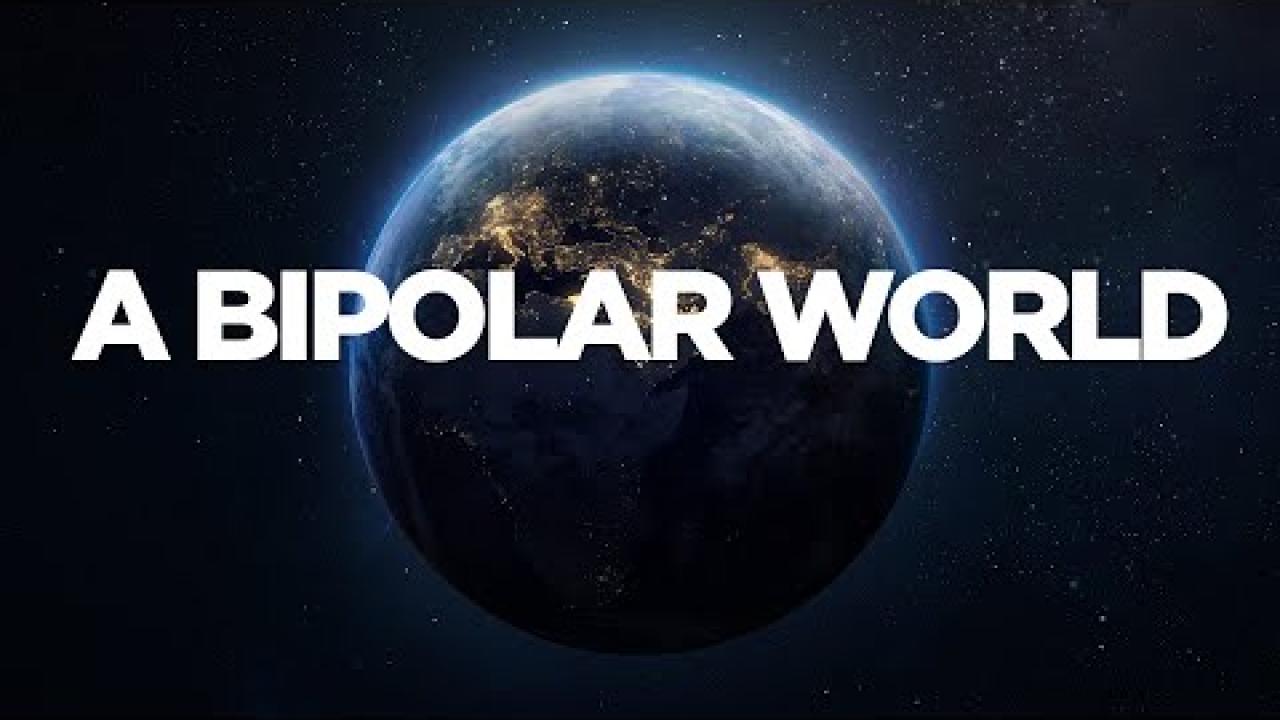
Creating a Bipolar World
The Russian-Ukraine war that began in February 2022 will have a significant impact on the relationships between nations for years to come, despite any peace deals that will arise. The war galvanized western nations (namely the European Union or EU, and the G7 represented by Canada, France, Germany, Italy, Japan, the United Kingdom and the United States) to impose sanctions to punish Russia and ruin its economy. Aggressive attempts by the EU and G7 to get other nations to on board (such as China, India, countries in the Middle East and Africa) failed. Sadly, in the initial stages, there were also veiled threats that any country which did not join the sanctions regime may become subject to sanctions as well.
The Russian-Ukraine war that began in February 2022 will have a significant impact on the relationships between nations for years to come, despite any peace deals that will arise. The war galvanized western nations (namely the European Union or EU, and the G7 represented by Canada, France, Germany, Italy, Japan, the United Kingdom and the United States) to impose sanctions to punish Russia and ruin its economy. Aggressive attempts by the EU and G7 to get other nations to on board (such as China, India, countries in the Middle East and Africa) failed. Sadly, in the initial stages, there were also veiled threats that any country which did not join the sanctions regime may become subject to sanctions as well.
Questions have arisen as to who has actually been suffering the most, as Russia has survived and is still doing relatively well, compared to the severe economic consequences that have boomeranged against the G7 and particularly the EU. Other countries such as China and India also benefitted by purchasing Russian commodities at deflated prices, since regions such as the EU no longer wanted to buy Russian commodities.
Precedents are very important. We see this principle in courts of law. Sanctions, punitive measures, price caps, attempts at political isolation and possible seizure of assets, do not become unnoticed by other countries. The rather unilateral response of the G7 and EU has not been well received by a number of nations. For example, criticisms of the Organization of the Petroleum Exporting Countries or OPEC by officials of the Biden administration over recent production cuts is not appreciated . There was even talk among members of the G7 and EU, to find ways to control and possibly punish the OPEC+ for not making more oil available below market prices.
On the other hand, Russian officials focused on relationships with customers by occasionally making price concessions in order to appear supportive of nations in need. Unfortunately, many western nations are missing that lesson, which is driving other countries to form or expand alliances, often with China or Russia.
The Shanghai Cooperation Organization (or SCO, consisting of Russia, China, India, Pakistan, and now Saudi Arabia along with several other Asian regions) and BRICS (Brazil, Russia, India, China and South Africa) are now on the verge of expanding membership to include Middle East countries and other Asian regions. The Middle East countries were supposed to be close friends with the West and particularly with the U.S., but that is now changing. Joining other alliances may partly be intended as an insurance policy against punitive actions taken by the West should they participate in any action that is considered disagreeable or unacceptable to the West. In particular, if assets could be seized, it may be prudent to diversify into other currencies and become part of other financial systems. Investing in assets which were once considered risk-free (such as U.S. Treasury securities) are not free of risk if these investments are no longer accessible under every circumstance, but can be seized or frozen.
Political frameworks such as communism functioned in a rather dictatorial fashion in order to thrive. Capitalism on the other hand, relied heavily on fostering relationships. Ironically, this mentality has largely reversed. Eastern alliances now understand the value of relationships, while western nations have primarily adopted an aggressive dictatorial mentality. Unfortunately the strong and dominant financial system adopted by the West is now under serious threat and is losing influence over the world. Western policies have been short-sighted and have ignored the value of international relationships. The costs to Western prosperity, particularly that of the Anglo-Saxon world, can be severe. We will now have a bi-polar world with a 2nd sphere of influence, likely dominated by China, India and ironically Russia.
Check out our video, The Belt and Road: As the West Slumbers China Advances. You will find the link in the description below.